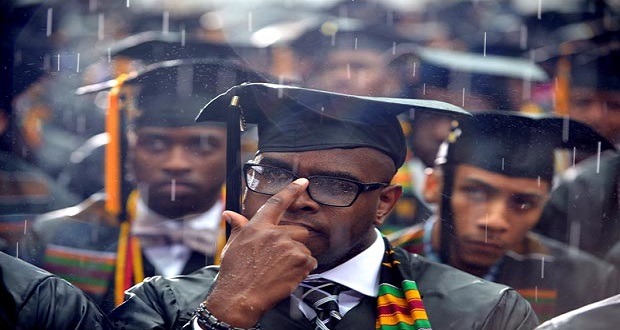
Image Credit: Mandel Ngan/AFP via Getty Images
I come from a family and a circle of friends who strongly believe in education. We tell our children that as African Americans the key to success is education. I am personally a first generation college graduate in my family. It was drilled into my head from the time that I could understand, that I would go to college. There was never any doubt that my children, would in turn, also attend college. They have both exceeded my expectation for formal education. Son Joe has degrees from Harvard, Duke and Princeton and is now an assistant professor of religion at UNC Charlotte. Daughter Mareisha has degrees in electrical engineering and computer science and a MBA and a Masters in Information Systems.
From the difficult experiences that Mareisha and Joe and other young highly educated African Americans in my circle have had in the job market, I know all too well that it is not a level playing field yet. But when I read the Huffington Post piece that reported on a study released this week by the Center for Economic and Policy Research, showing the unemployment rate for recent black college grads is twice (12.4% vs. 5.6%) that of their white counterparts, I was shocked. My shock was heightened further when I read that the gap has widened rather than narrowed during the recovery!
I know that the unemployment rates for blacks in general is twice that of whites (13.4% vs. 6.7%) but I guess I was naïve enough to think that education would mitigate that glaring disparity to some extent. It is just unbelievable to me that the unemployment rate for black college grads is not that different from the overall disparity.
So before reading the reasons offered in the study, I started to conjure up my own ideas. Perhaps blacks don’t major in disciplines such as STEM (science, technology, engineering and mathematics) where many of the job opportunities are today. Perhaps during the recession blacks were more likely to stop looking for work which could account for the bigger gap reported based on 2013 data reported in the study. My hypothesis did not pan out. The Center for Economic and Policy Research study actually analyzed the unemployment rate by discipline and found that the unemployment rate for Black engineering grads was 10% vs. 6% for all college graduates. Similarly the unemployment rate for “math and computers” was 11% for Blacks and 7% overall. Further, in eight of the thirteen major categories, Black recent college graduates that did find a job were more likely to end up in a job that did not require a four-year degree than in one that did. Overall 56% of Black college graduates are “underemployed”–defined as working in an occupation that typically does not require a four-year college degree.
I guess I just did not want to believe the reasons offered in the article: discrimination and unconscious bias.
The article cited the famous MIT study conducted a few years ago that showed that applicants with Black sounding names were 50% less likely to be called for an interview. Another study showed that Black men in particular are underrepresented in professional and managerial jobs. A 2011 study found that a $10,000 increase in the average annual income of an occupation translated into a 7 percentage point drop in the share of Black men doing that job.
The article concluded that when you start out at an economic disadvantage, you never catch up over the course of your career.
I am really frustrated and angered by these results because I continue to hear from my clients that “we want more diversity but we cannot find qualified candidates”. Why don’t we find better ways to bring together the job seekers with the prospective employers and check recruiters and hiring managers on their unconscious biases!
How can we tell our young African American children to aspire to a college education when there is no guarantee that the outcomes will be any different from those who do not seek higher education!

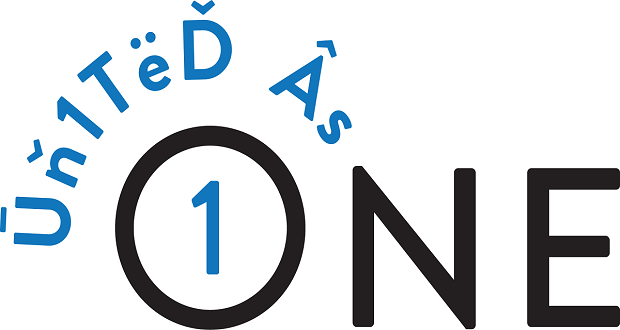
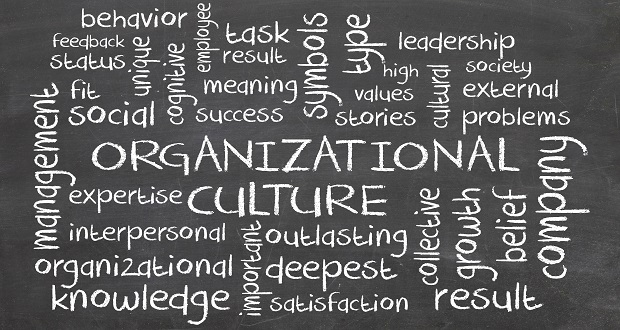
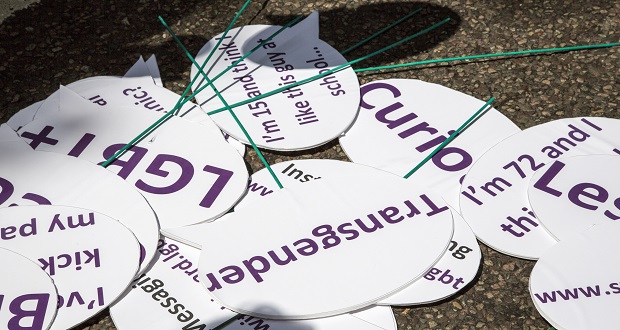
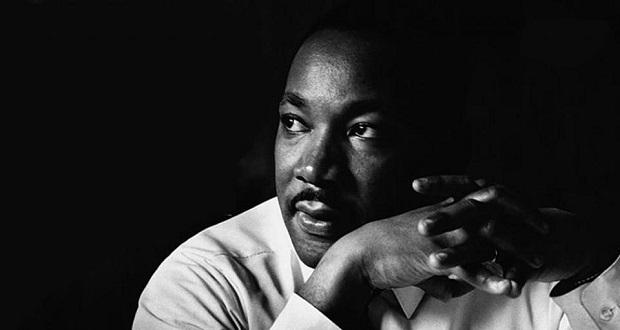














Mrs. Winters,
America will never be whole. It does not have the will or the inclination to be so. Racism continues through Classism. I believe that education is essential to any group, but especially for us (Black). It can change our situation in life, but it has not changed our communities. Wealth changes the community and individuals. That’s the gap that is growing. So if our well-educated brothers/sisters are kept from wealth parity in jobs then the gap keeps growing. Racism is intentional. You are the example of how we can change this. Get educated and be BUSINESS OWNERS.
Hi,
Thank you for your thoughtful comments. I have owned my own business for 30 years and I agree that entrepreneurism is key for African Americans to achieve economic parity.